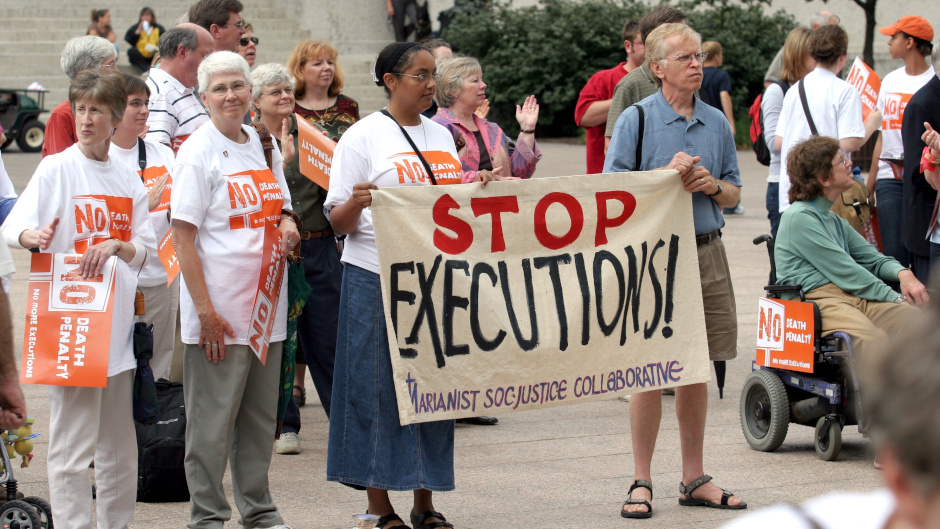Miami Law professors fielded interviews from a host of outlets - from Aljazeera English to NPR's The Takeaway to NPR Miami and the Daily Business Review.
"The Supreme Court said that type of system that would allow a judge to make the determinations of certain types of fact with regard to making a defendant eligible for the death penalty," Professor Mary Anne Franks told The Takeaway, "that is the kind of thing that would violate the sixth amendment.
"What the court did not say," said Franks, "was that this question of the judge making the final determination, even if that is at odds with the jury -- what is often referred to as judicial override -- they did not, in fact, say that judicial override violates the sixth amendment. What they did say, in this case, was that Florida's peculiar system, which would allow the judge to make findings of fact, that is the problem. It is not that the judge cannot impose a penalty that is different than what the jury recommended, but that the judge cannot make the fact that are necessary."
Craig Trocino, director of Miami Law's Innocence Clinic and a former death appeals lawyer, explained to a radio reporter how the Florida statute differed from other states' and in the language in the sixth amendment.
Trocino told the Daily Business Review that "It remains to be seen whether this ruling voids all death row cases," he said. "I believe it will have retroactive application and should void all the cases, and they should all have resentencings. It took the Supreme Court to force this."
Miami Law Professor Tamara Lave, told the Daytona Beach News-Journal that the Supreme Court made the right call. But Lave said the decision was not retroactive. It would only affect cases in which defendants have not exhausted their appeals.
“I think it’s the right decision. When the state is trying to execute somebody, that’s the ultimate punishment the state can do," Lave said.
****************
Hear radio interview with Craig Trocino on WLRN.
Listen to Mary Anne Franks discusses SCOTUS's Florida death penalty decision, on NPR's The Takeaway, and the online magazine We Up It.
Craig Trocino and Miami Law alumnus Miami-Dade Public Defender Carlos Martinez quoted in the Daily Business Review.

